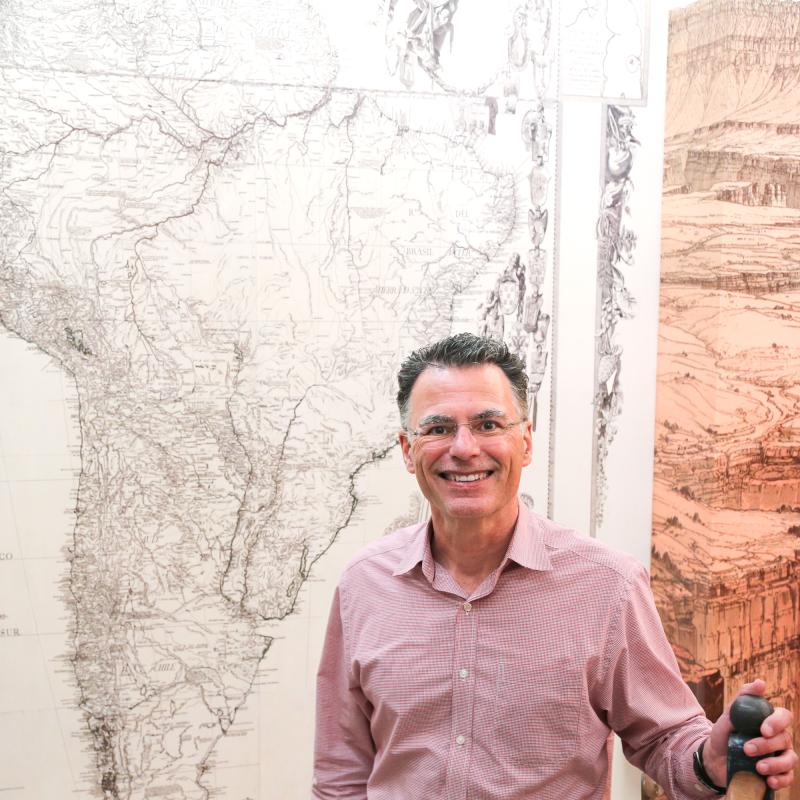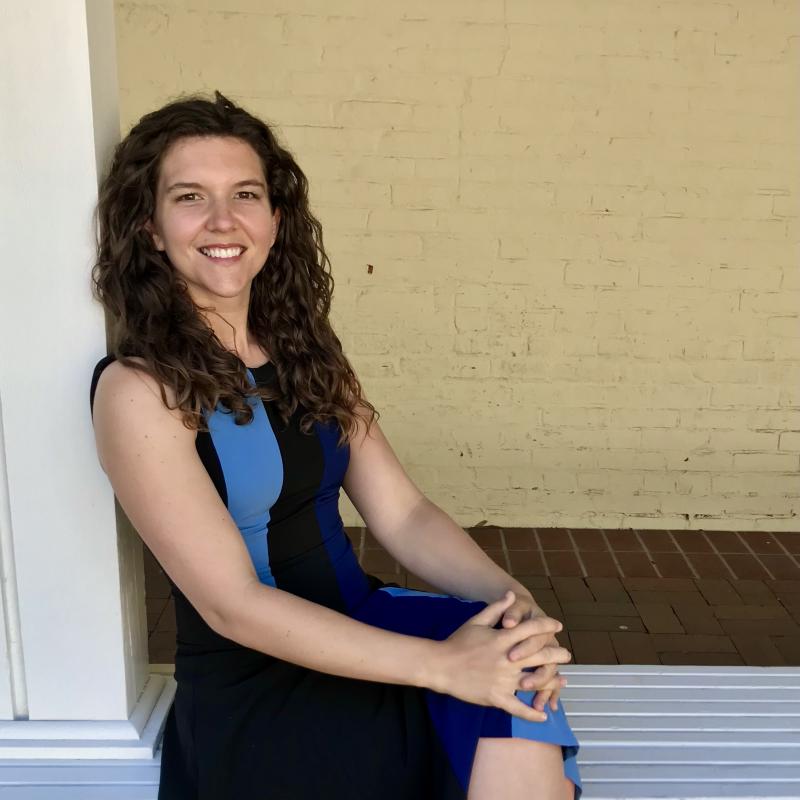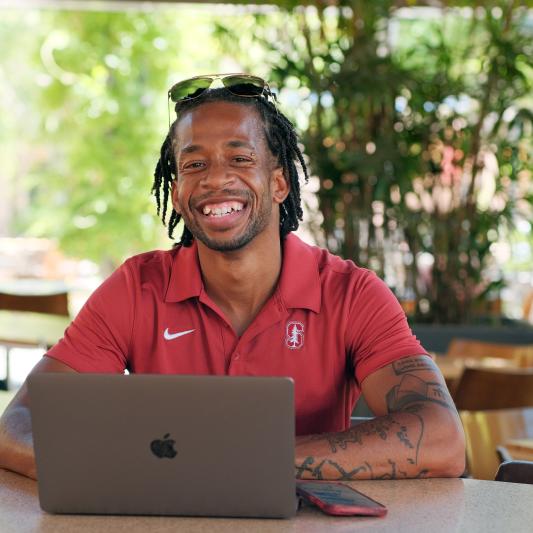
Christopher J. Thomas, PhD ’96
Christopher J. Thomas, PhD ’96, has spent the past 25 years traveling to some of the poorest countries in Africa, Asia and the Middle East, working to improve educational systems from preschool to higher ed. He volunteered in West Africa with the Peace Corps after college, then went back to graduate school before taking a job with the World Bank, where he’s worked ever since.
He’s overseen a multitude of education and social welfare programs over the years. In Pakistan he supported an initiative that dramatically expanded girls’ access to schooling, more than doubling enrollment and completion in just six years. In Vietnam, he helped the government establish school quality standards and new teacher preparation programs after the first-ever national math and reading assessment revealed stark discrepancies between rural and urban students.
More recently, he’s become interested in programs to support disability inclusion in developing countries. The Convention on the Rights of Persons with Disabilities, adopted by the United Nations in 2006, is opening up dialogue on policy in ministries of education around the world, he says. “It’s an exciting time, and an opportunity to help school systems—and ultimately societies—become more inclusive.”
As this year’s social entrepreneur in residence at the GSE, he is helping to demystify the players and possibilities in global education work. “It can be a bit bewildering. It’s hard to understand the ecosystem and find your place in it,” he says. “And when you’re in it, there are a lot of competing pressures on you.” His advice to students starting out? “Point yourself in a general direction and start doing things you care about. That’s where you’re likely to succeed.”
Photo: Sofiia Kukhar



